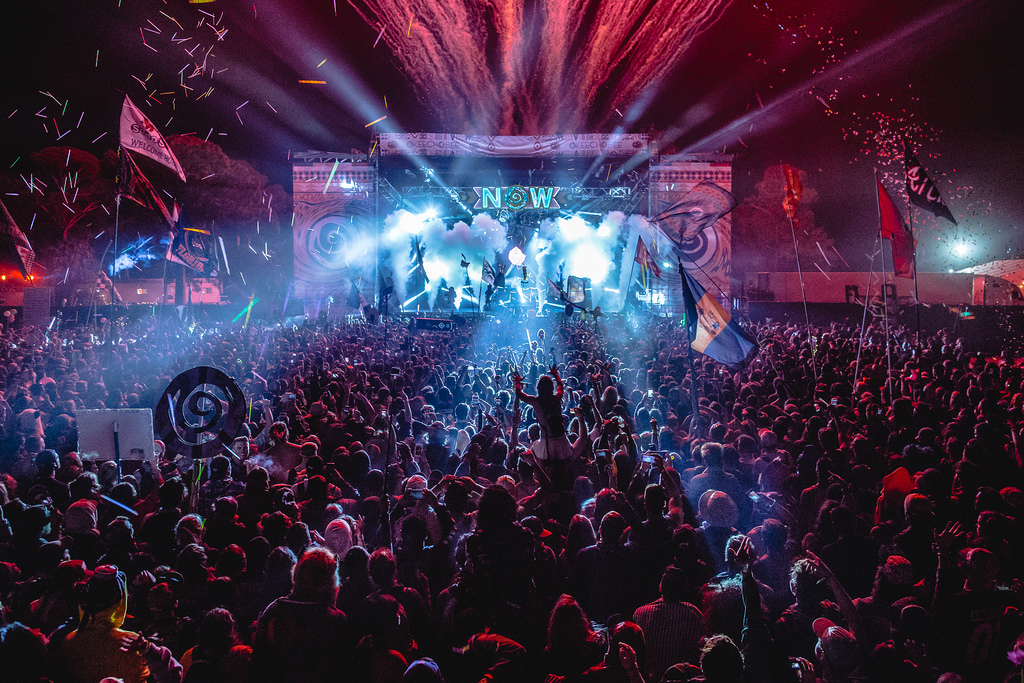Have you ever been standing at a silent stage, waiting for your favorite artist to come on, when suddenly the bass starts to rumble and the lights slowly increase in intensity, until finally the song you’ve been waiting to hear all night comes on? If that kind of thing might give you the goosebumps, you might also be a highly successful person.
A new study led by Matthew Sachs, Harvard University researcher, alongside Robin Murphy, professor of experimental psychology at the University of Oxford, at Reading & Leeds festivals this past August shows an interesting connection between experiencing goosebumps during live entertainment and success.
The study fitted 100 participants with devices to monitor their physiological responses to live music including heart rate and physical movement to the music. They found that over half (55%) of attendees who get goosebumps during live music also achieved higher grades and even earned 12% more than those who don’t.
Those who experienced chills were more interested in creative activities such as baking (70%), painting (48%) and writing (40%).
Getting goosebumps also correlated with physical and emotional health. Those who felt shivers told researchers they had a more positive mood (66% vs 46%) and enhanced overall well-being (88% vs 80%).
Speaking about the research, Murphy said, “The phenomenon of goosebumps has intrigued us for many years and having the opportunity to test participants in a live setting has certainly provided some food for thought.
“The results of the Barclaycard study are the first to show the different personality traits that characterise people who experience goosebumps. The evidence also suggests that being truly connected with live entertainment and getting goosebumps has an impact on our overall sense of well-being and mood.”
Daniel Mathieson, Head of Experiential Marketing at Barclaycard, said: “Most of us can relate to experiencing goosebumps when watching live entertainment, and now we have a clear understanding of why this happens and what it means for us as individuals.
“The results reflect the overwhelmingly positive impact music and live entertainment can have on our lives ranging from health and happiness to overall wellbeing. It’s truly exciting to be part of the first ever scientific study of its kind.”










